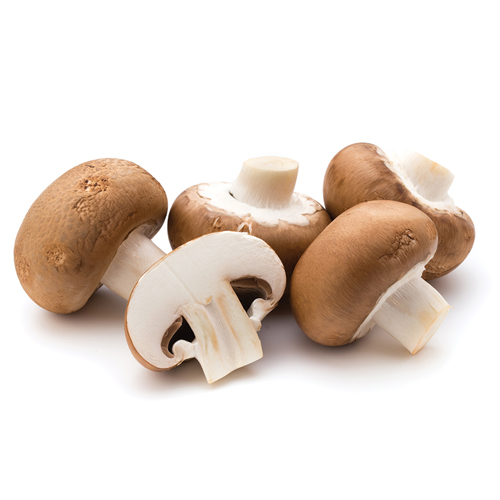Tips for Nourishing Your Brain
Excerpt from What Should I Eat Book 2 – Food as Medicine By Rudy Scarfalloto D.C.
Ways to Exercise Your Brain
Favor foods that are anti-inflammatory; fruits and vegetables.
Favor foods that are rich in antioxidants: fresh and raw fruits and vegetables.
Favor foods that promote higher levels nitric oxide: Watermelon, pomegranate, cranberries, citrus, beets, carrots, kale, spinach, dark chocolate and turmeric
Load up on Phytonutrients. In addition to providing critically important antioxidant protection, the phytonutrients found in colorful fruits and vegetables provide regulatory support to help the brain maintain the proper levels of neurotransmitters.
The corresponding adjective to this noun is “horticultural.” Meanwhile, if you are someone who works in this field, then you are said to be a


Include ample amounts of Healthy fats
- Raw nuts and seeds, avocados, coconuts, free range eggs, fermented dairy products such as yogurt, and wild-caught fatty fish, such as salmon.
- Most of the commonly available fatty foods tend to higher in omega 6. This can be a problem because Omega 6 oils tend to promote inflammation.
- Foods that promote a more favorable balance of Omega 3 and 6 are walnuts, flax seeds, chia seeds and salmon.
Eat Mushrooms
Eat Mushrooms. Edible mushrooms have been shown to benefit the brain and may even help individuals with Alzheimer’s disease. One such edible mushroom is lion’s mane mushroom, which apparently contains neurotrophic factors that promote regeneration of brain tissue. In fact, the results with lion’s mane mushroom have been so impressive that it is now sold as a brain-boosting supplement.
Keep the digestive tract clean. Ultimately, a brain-benefitting diet is going to closely resemble the gut healing diets described in chapter 5. The reason? Gut health can greatly impact what goes on between the ears. as described in the next chapter.


Exercising the Brain
We can also “exercise” the brain directly ─ by simply using it. Engaging the brain in intellectually challenging activity increases the production of neurotransmitters and causes brain cells to branch out and develop new connections. This, in turn, prevents or delays the onset of degenerative brain diseases such as Alzheimer’s and allows patients to make a more complete recovery from strokes.
Curiosity, creativity, problem solving, and learning new information and skills rejuvenate the brain. The rule of thumb for brain regeneration is to do something new and different. Use your brain.

